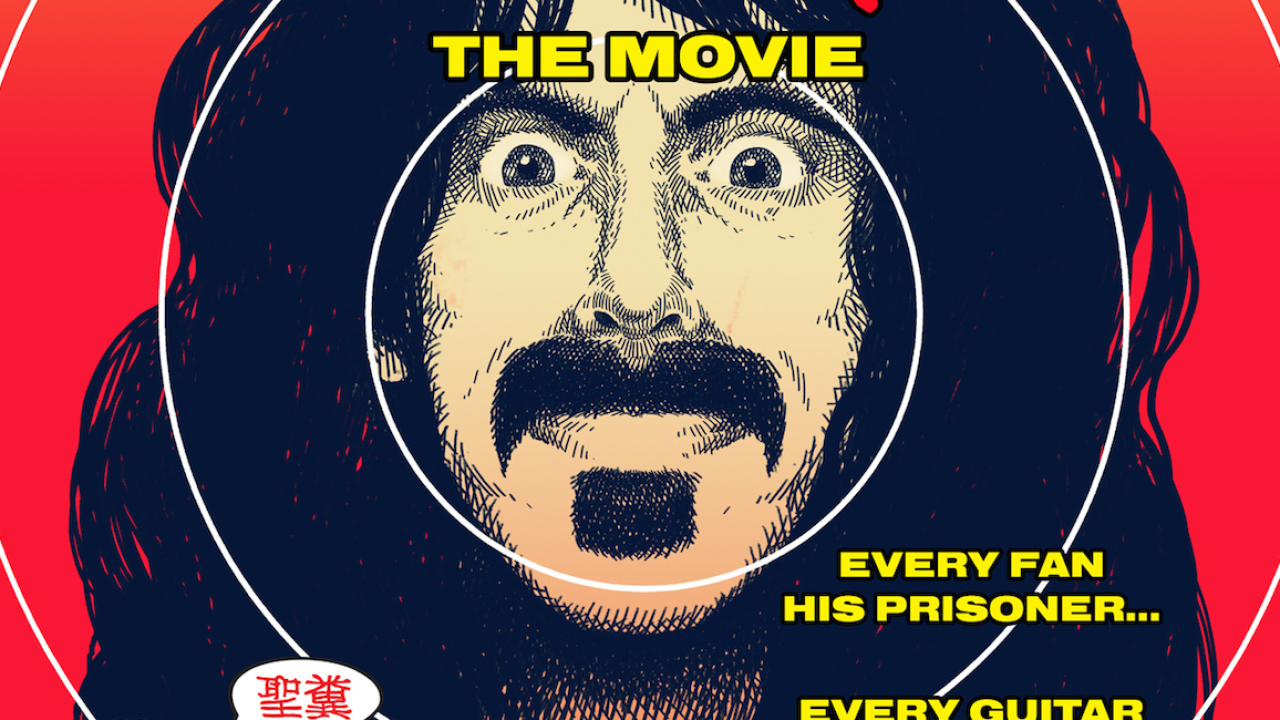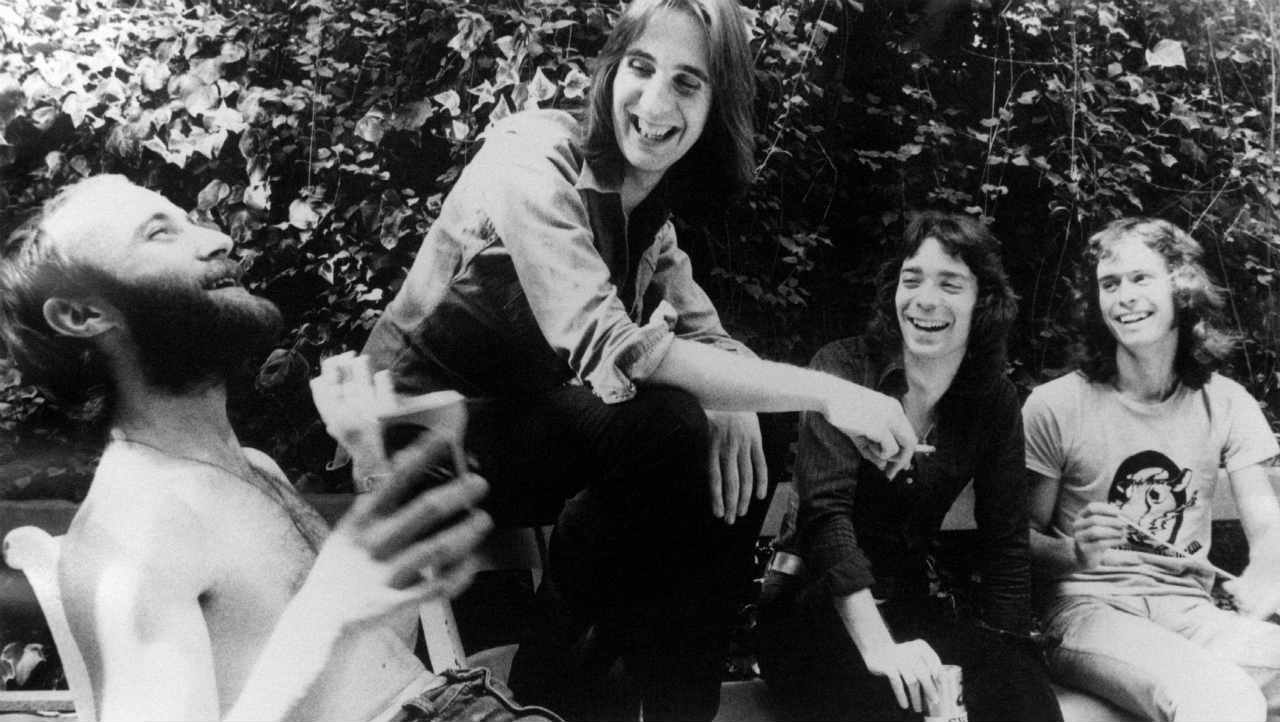You can trust Louder
“This song suggests, to the suggestible listener…” Zappa aficionados of old will hitherto only know Zappa’s lengthy, verbose introduction to Penguin In Bondage from the album Roxy & Elsewhere. Now, at last, we can see him deliver it in full as sax sideman Napoleon Murphy Brock makes with the mock-quizzical expressions.
Zappa fans have been waiting 42 years for Roxy: The Movie. The technical difficulties to which Zappa alludes from the darkness in the opening minutes of this film would blight its release for decades, due to the footage from multiple concerts filmed from multiple cameras being slightly out of sync. John Albarian corrected the process over eight painstaking weeks – for only now has this become technically feasible – and here, at last, is the 1973 show.
Although it’s clear that for Zappa the motto ‘absolutely free’ certainly did not apply to his own musicians and that every song is tightly scored, there’s a sense of relative relaxation about this group, perhaps due to the multiracial line-up, which also includes George Duke on keyboards and Chester Thompson on drums, as well as the presence of Ruth Underwood on percussion. Duke breaks down in sniggers during his rendition of Inca Roads as the band seem to be having a blast on stage. The audience, however, are seated at tables, respectful and quiet.
Cheepnis, Zappa’s tribute to cheap 50s horror flicks, and I’m The Slime, his scornful put-down of the media, are delivered with scripted yet manic comedic élan. The playing is utterly immaculate, classical in standard. It’s never clear if Zappa is mocking ‘high’ musical culture with mildly scatological titles like Don’t Eat The Yellow Snow, or low culture by showing off the technically superior alternative of his own music to the banality of pop.
Albarian says he never got Zappa as a kid – he was too far out. Indeed, the lengthy jazz-rock exchanges that fill out these numbers feel in places as pedantically ponderous and passionless as prog. Conversely, the puerile, sexist element of this show, with Zappa touching Underwood’s arse and bringing on the dancing girls at the end, including a gyrating, bikini-clad female – feel desperately quaint and dated for someone who was supposedly at the cerebral, avant-garde end of rock. Still, for Zappa fans, this DVD scratches a long-standing itch of curiosity.
Sign up below to get the latest from Classic Rock, plus exclusive special offers, direct to your inbox!
David Stubbs is a music, film, TV and football journalist. He has written for The Guardian, NME, The Wire and Uncut, and has written books on Jimi Hendrix, Eminem, Electronic Music and the footballer Charlie Nicholas.


